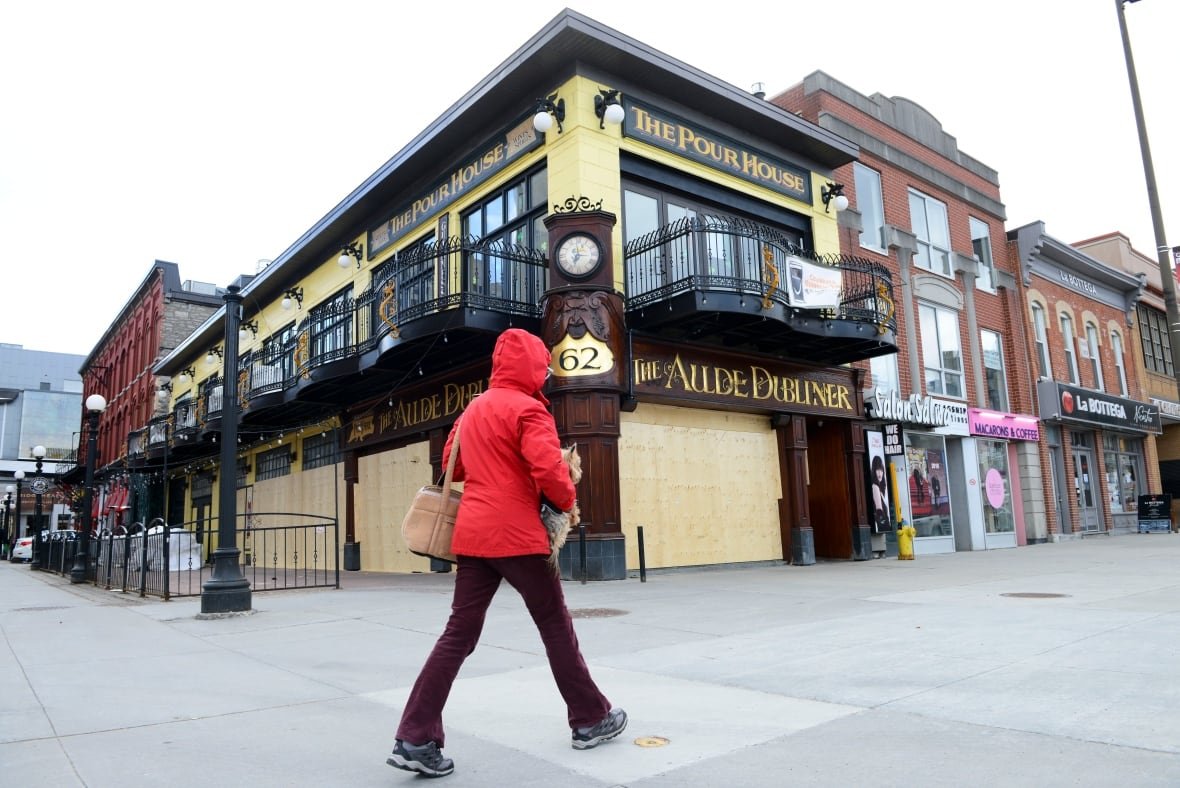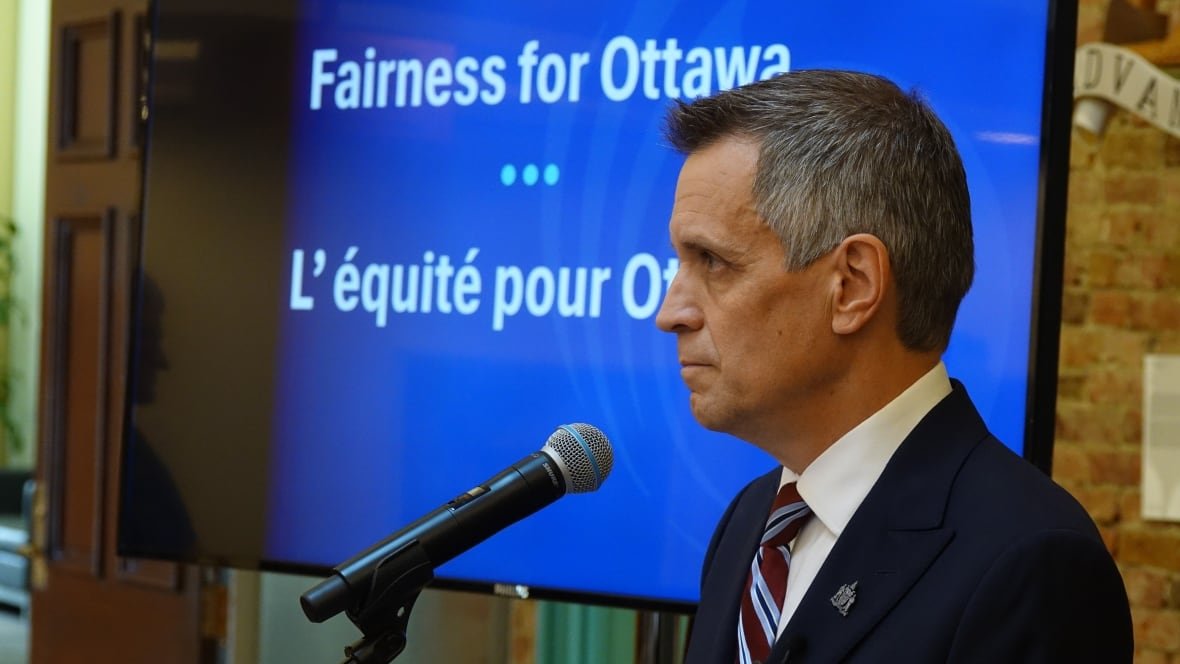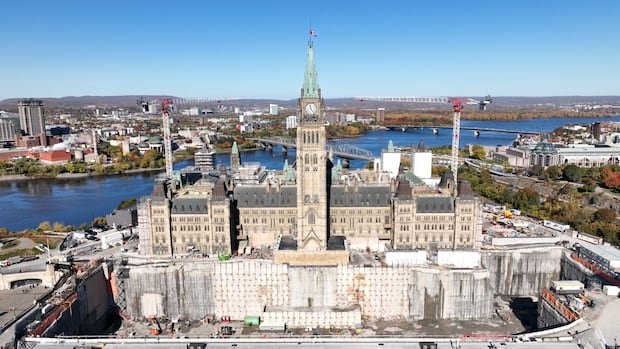UPDATE: Ottawa’s chief financial officer said March 21, 2025, that the City intends to appeal the court’s decision given its “financial and legal implications.”
A federal court has dealt a blow to Mayor Mark Sutcliffe’s Fairness for Ottawa campaign, dismissing the city’s argument that it’s getting shortchanged on payments for servicing tax-exempt government buildings.
The City of Ottawa applied to federal court to review the situation and side with it — restoring roughly $22 million in what are called payments in lieu of taxes or PILTs.
It said the federal government took advantage of a COVID-era provincial tax break meant to provide relief to struggling businesses.
But Justice Panagiotis Pamel found “nothing unreasonable.”
Public Services and Procurement Canada (PSPC) argued it was compelled to pay the lower amount by federal statute. It said the payments must reflect what a private property owner would be charged — and the judge agreed.
- Taxpayers could face 1.5% hike if city loses battle over federal properties, court docs show
- Mayor’s ‘Fairness for Ottawa’ campaign gets council support
“Ottawa seems to be trying to fit a square peg into a round hole on the coattails of statutory intent and purpose,” Pamel wrote in his Wednesday Federal Court decision. “The starting point should be the text of the PILT Act itself.”
WATCH | How Ottawa relies on tax-like payments from the federal government:
The city of Ottawa argues the federal government is shortchanging them millions of dollars in payments to service tax-exempt properties.
What are PILTs?
The federal and provincial governments are constitutionally exempt from being taxed by municipalities, but they use the PILT Act to calculate similar ‘voluntary’ payments.
Ottawa has the most, and the most valuable, federal properties of any city and relies on the annual revenue.
Just like with any private property, these payments are calculated by multiplying the value of a property by the applicable tax rate.
But governments can unilaterally adjust those calculations and pay less.
That’s what happened in this case, where PSPC lowered its payments to match a discounted tax rate set by the provincial government and collected by cities — an unexpected “windfall” for the federal government that came at the city’s expense, according to Ottawa’s legal team.
Ontario had lowered the rate as an olive branch for businesses during the pandemic, but asked the federal government and Crown corporations to continue paying the previous, higher, rate.
PSPC said it could not.

Pamel noted in his written decision that there was no “bad faith” by the province, which itself paid the higher PILT rate.
He laid out why Ottawa is “understandably unhappy,” but ultimately said the court cannot decide the case based on the provincial government’s intent.
“The city is asking me to read into the legislation something that is not there,” Pamel said.
Multi-million dollar hole to fill
The Ontario government has stepped in to provide the city with $35 million to make up for three years of lower payments. It’s said it will not be providing any additional money.
Staff said last fall that the shortfall in educational taxes will add up to $140 million over the next decade, with court documents suggesting the whole may need to be filled with a property tax hike to Ottawa residents of as much as 1.5 per cent.

The City of Ottawa said in a statement that it’s still reviewing the decision and considering its next steps.
PSPC sent a statement to CBC Friday morning about the court’s dismissal of Ottawa’s application for a judicial review. It said the department will continue to make payments following the law and “work collaboratively” with the city.
The city has other PILT-related disputes.
It remains in negotiations with the National Capital Commission over disagreements related to the agency’s declaration that a raft of properties are parks or pathways — a move that makes them exempt from tax-like payments.
The mayor has been lobbying the federal government to address the city’s position since last summer as part of his Fairness for Ottawa campaign.
“When they don’t pay their fair share, guess who makes up the difference?” Sutcliffe has argued. “It’s you, the local taxpayer, who has to pay what the federal government won’t.”


